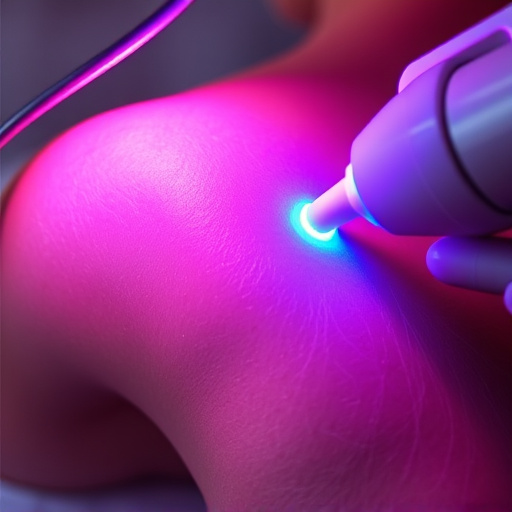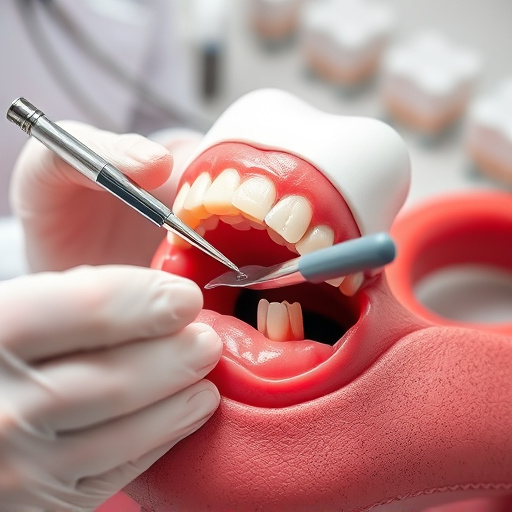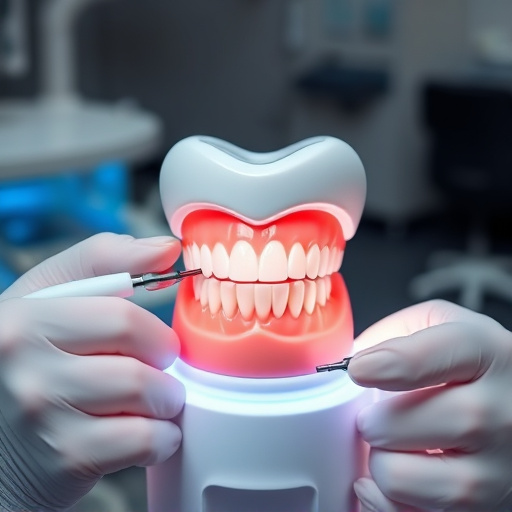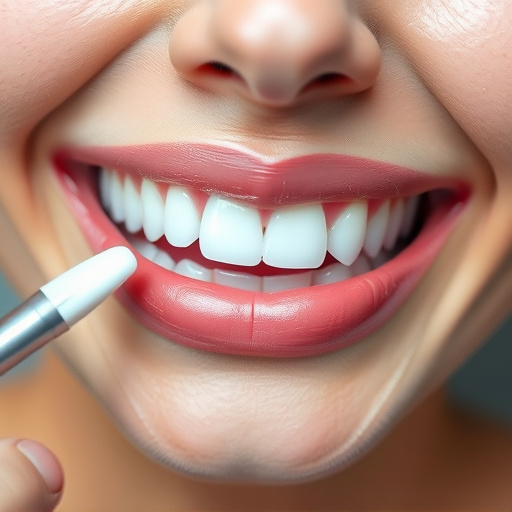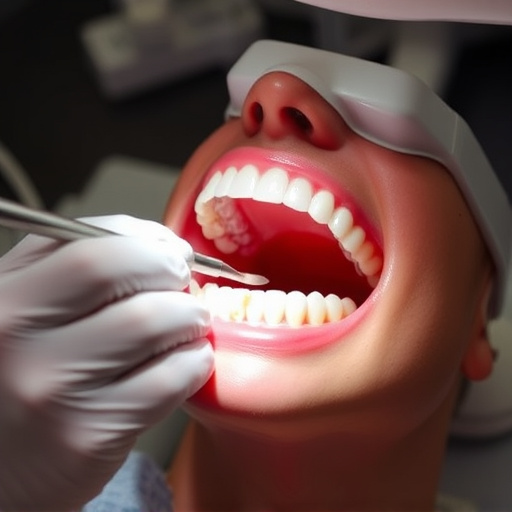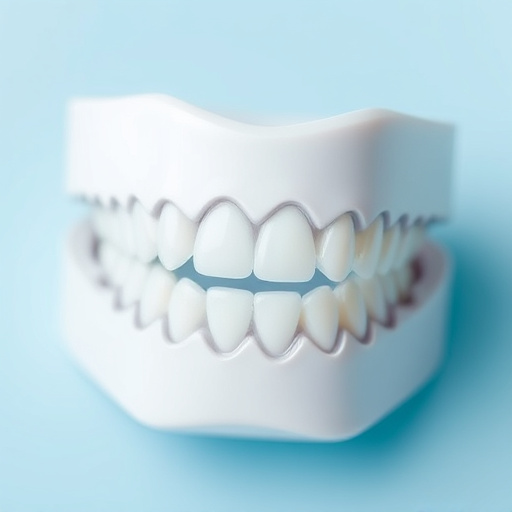Tooth sensitivity, caused by exposed dentin tubes, is triggered by enamel wear, gum recession, grinding, and shifting teeth in children. Treatment options include fluoride treatments to strengthen enamel, desensitizing agents to numb nerve endings, and dental crowns or implants for severe cases. Proper oral hygiene, including regular brushing, flossing, and dental cleanings, is crucial for managing and preventing tooth sensitivity.
Tooth sensitivity can be a debilitating condition, but there are effective treatments available. This article explores comprehensive solutions for managing and alleviating tooth sensitivity, combining insights into oral hygiene with evidence-based treatment options. From understanding the underlying causes and triggers to discovering powerful desensitizing agents and practical oral hygiene practices, you’ll learn how to achieve long-lasting relief and restore confidence in your smile.
- Understanding Tooth Sensitivity: Causes and Triggers
- Exploring Treatment Options: From Fluoride to Desensitizing Agents
- Oral Hygiene Practices for Long-Lasting Relief
Understanding Tooth Sensitivity: Causes and Triggers
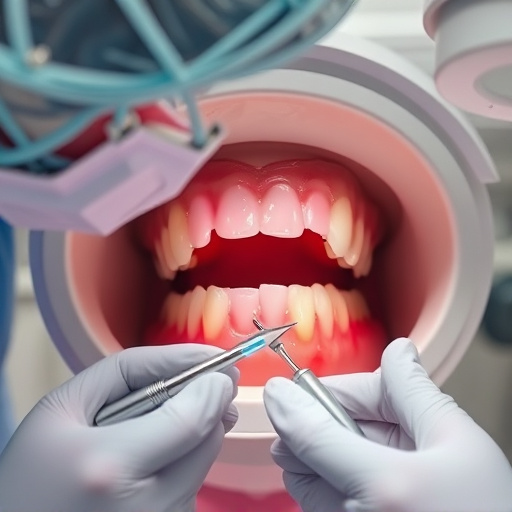
Tooth sensitivity can be a frustrating and uncomfortable condition that affects many people. It’s characterized by sudden, sharp pain in response to certain stimuli like hot or cold foods, sweet treats, or even cold air touching your teeth. Understanding the causes behind this issue is key to finding effective tooth sensitivity treatment.
There are several factors contributing to tooth sensitivity. One common trigger is tooth enamel wear, which can expose the underlying dentin layer. Dentin contains tiny tubes that connect to the nerves in your teeth, making them more sensitive to temperature changes and certain chemicals found in foods. Other causes include gum recession, dental crowns that don’t fit properly, or teeth grinding (bruxism). In children’s dentistry, primary teeth shedding and erupting permanent teeth can also lead to sensitivity. Identifying these triggers is crucial for determining the right tooth sensitivity treatment approach, which may involve emergency dental care for immediate relief or long-term solutions like dental crowns to protect and strengthen vulnerable teeth.
Exploring Treatment Options: From Fluoride to Desensitizing Agents
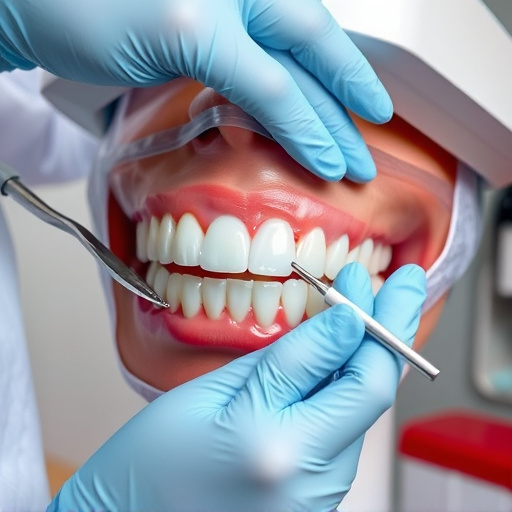
Tooth sensitivity treatment involves exploring a range of options designed to alleviate discomfort and protect exposed dentin. One common and effective approach is the use of fluorides, which can help strengthen tooth enamel and reduce sensitivity. Professional fluoride treatments or over-the-counter fluoride toothpastes can be recommended by your dentist.
Additionally, desensitizing agents are another crucial element in tooth sensitivity treatment. These topical products contain ingredients like strontium chloride or potassium nitrate that numb the nerve endings in the teeth, thereby reducing pain and discomfort. Over time, consistent use of these desensitizing agents can significantly improve tooth sensitivity. For more severe cases, a children’s dentistry or emergency dental care professional might suggest dental implants as a long-term solution to address both the sensitivity and any structural issues.
Oral Hygiene Practices for Long-Lasting Relief
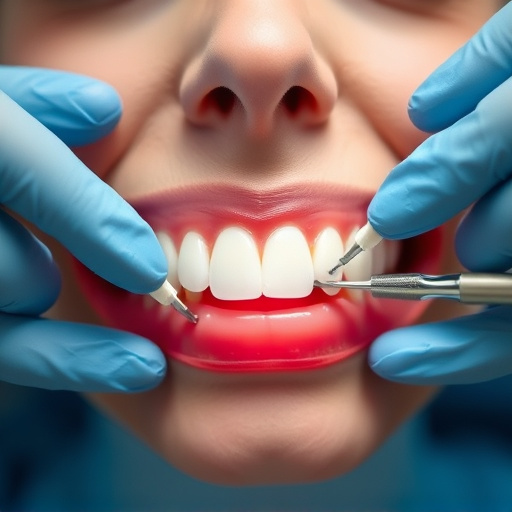
Maintaining proper oral hygiene is a key component in managing and preventing tooth sensitivity. Regular brushing and flossing are essential practices to remove plaque buildup, which can cause dentin exposure and lead to sensitive teeth. Using a soft-bristled toothbrush and fluoride toothpaste can help strengthen tooth enamel, providing long-lasting relief from sensitivity.
In addition, dental professionals often recommend regular dental cleanings and check-ups as part of an overall tooth sensitivity treatment plan. These visits allow for the removal of stubborn plaque and tartar, as well as early detection of any potential issues that may require procedures like tooth extractions or, in more severe cases, advanced tooth repair techniques. Incorporating these oral hygiene practices into your daily routine can significantly contribute to managing tooth sensitivity effectively.
Tooth sensitivity treatment involves a multifaceted approach, combining effective oral hygiene practices with targeted therapies. By understanding the causes and triggers of tooth sensitivity, individuals can make informed decisions about their dental care. From fluoride treatments to desensitizing agents, various options offer long-lasting relief. Adhering to recommended oral hygiene practices ensures these treatments’ success and helps manage sensitivity symptoms effectively. Incorporating these strategies into daily routines can significantly improve overall oral health and well-being.




